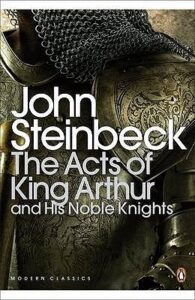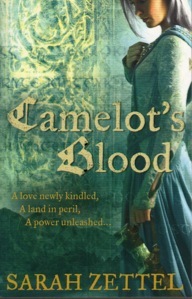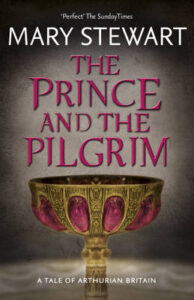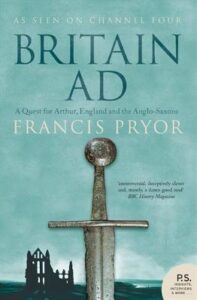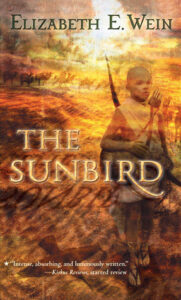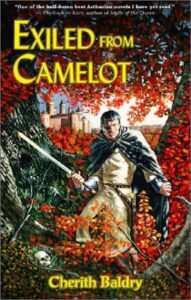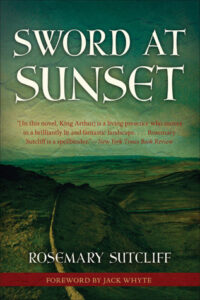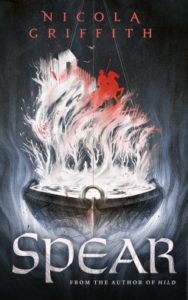 Spear, Nicola Griffith
Spear, Nicola Griffith
Received to review via Netgalley; publication date 19th April 2022
I don’t know how I skipped reading the summary, or if I just blanked it, but I hadn’t actually realised this was an Arthurian retelling. It was kind of interesting to come to the story that way, and see the clues emerge so that I suddenly went, oh, right, and knew a little more about where I was and where I was about to go. Spear is a gender-bent retelling of the story of Perceval/Peredur, which fortunately skips the Welsh jokes and “lol he’s a clown” that got played out in the tradition at one point (and which put me off Perceval as a character).
Griffith plays with the legend and with a sort of etymology for the name to create a story that hits some of the same notes, but in a different key. Her version of Kay is interesting, halfway between the Welsh version and the French, and her footnote about him in the author’s note gets him (as far as I’m concerned) spot on. Bedwyr’s around, too, though no sign at all of Gwalchmai that I can recall — despite the Dyfed setting, it’s not the most Welsh of retellings in that sense.
Honestly, I don’t want to say too much; it would get to sound nitpicky, given my academic background and all the little tiny features I was interested in and had thoughts about, rather than enthusiastic. Suffice it to say that I enjoyed it, greatly enjoyed certain touches surrounding the usual triad (Arthur, Lancelot and Guinevere), and definitely don’t mind a queerification of Arthuriana. In fact, let’s have a lot more of it!
I do have a few concerns, like: does Griffith realise how that changes the pronunciation? It’s nothing at all like “Lancelot”, a double L in Welsh is a completely different sound. The natural nickname wouldn’t be “Lance”, as far as I can tell — I’m not a Welsh speaker, but I have doubts here. Mind you, the Welsh alphabet doesn’t have “Z” either, so if “Llanza” is an attempt to make the name fit, then it’s an awkward one.
And my other concern might seem ridiculous, but… in the author’s note, to refer to “the Red Knight of Troyes’ Perceval” is painfully wrong. It’s referring to Chrétien de Troyes, obviously… and the way you do so is by referring to him by his full name initially, and then abbreviating to “Chrétien”. Troyes is a city, not a name. It’s like you said “Monmouth’s work”, meaning to refer to the work of Geoffrey of Monmouth. It should be “Chrétien’s work” — “de Troyes” is not actually a surname, and “Troyes” super definitely isn’t. It should be “the Red Knight of Chrétien’s Perceval“.
It’s something that was hammered into me at university, that we’d look ridiculous if we made this mistake, so obviously I noticed it right away! Maybe it’s a weird pet peeve to have, but here we are.
That said, the story itself works really well for me, and I enjoyed it a lot, both as an avid consumer of Arthurian retellings and for itself.

